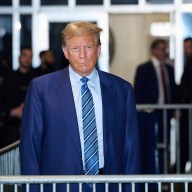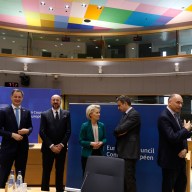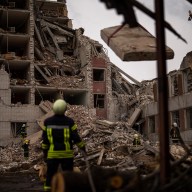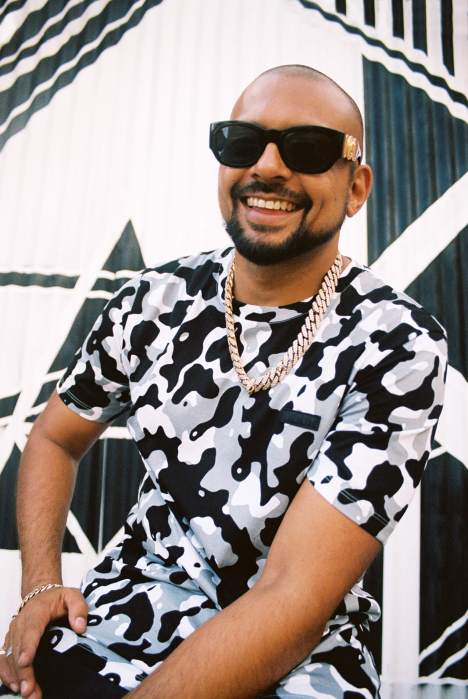COLOMBO, Sri Lanka – The United Nations said Saturday the Maldives should release a judge from military custody or charge him with a crime, as the world body considers a government request for help resolving a dispute with the country’s judiciary.
The military arrested Abdulla Mohamed, the chief judge at the Maldives Criminal Court, nearly two weeks ago after he freed a government critic who had been detained without a warrant. The government accuses of the judge of corruption and political bias but has not brought him to court for any offences.
The vice-president, Supreme Court and the Judicial Service Commission, which inquires into complaints against judges, have called unsuccessfully for his release. The military has also ignored a High Court order to produce the judge for a hearing of complaints against him.
The arrest has sparked daily street protests that has resulted in clashes between police and opposition activists.
In a request sent to the U.N. High Commissioner for Human Rights, Maldives Foreign Minister Ahmed Naseem asked for a group of international jurists to come help resolve what he called a judicial “system failure.”
The government has accused the Judicial Service Commission of not investigating 143 complaints against judges in 2010 alone.
UN officials are still discussing how to respond to the request, said Ravina Shamdasani, a spokeswoman at the human rights office.
“While acknowledging the challenges Maldives faces in reforming and strengthening its judiciary, we believe that Judge Abdullah should either be treated with due process, meaning he should be properly charged moved from military detention, and brought before a court, or released,” she said.
Maldives, an Indian Ocean archipelago known for luxurious resorts for upmarket tourists, has a new democracy after being under autocratic rule for 30 years.
President Mohamed Nasheed, a former pro-democracy political prisoner, campaigned successfully for democratic reforms and was elected to office in 2008 in the country’s first multiparty election.
One of the changes he campaigned for was an independent judiciary.















